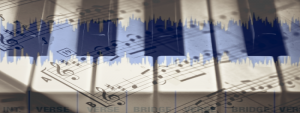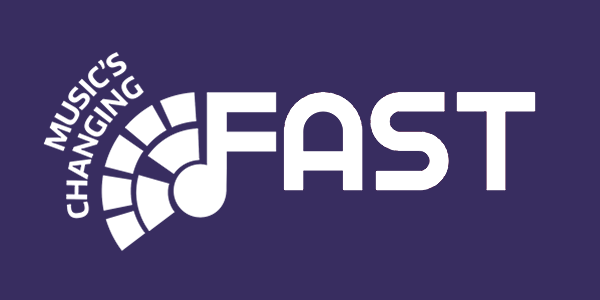Digital Humanities at Oxford Summer School, 4 – 8 July 2016
The Digital Humanities at Oxford Summer School is the largest in Europe (and second largest in the world). It aims to encourage, inspire, and provide the skills for innovative research across the humanities using digital technologies, and to foster a community around it.
 One of the Digital Humanities at Oxford Summer School workshops in the programme was the Digital Musicology workshop. It was convened by Dr Kevin Page (e-Oxford Research Centre), one of our FAST project partners from Oxford. The workshop provided an introduction to computational and informatics methods that can be, and have been, successfully applied to musicology. It also included a Linked Data and Musicology in the Linked Data strand. Many of these techniques have their foundations in computer science, library and information science, mathematics and most recently Music Information Retrieval (MIR); sessions were delivered by expert practitioners from these fields and presented in the context of their collaborations with musicologists, and by musicologists relating their experiences of these multidisciplinary investigations. The workshop comprised a series of lectures and hands-on sessions, supplemented with reports from musicology research exemplars. Theoretical lectures were paired with practical sessions in which attendees were guided through their own exploration of the topics and tools covered.
One of the Digital Humanities at Oxford Summer School workshops in the programme was the Digital Musicology workshop. It was convened by Dr Kevin Page (e-Oxford Research Centre), one of our FAST project partners from Oxford. The workshop provided an introduction to computational and informatics methods that can be, and have been, successfully applied to musicology. It also included a Linked Data and Musicology in the Linked Data strand. Many of these techniques have their foundations in computer science, library and information science, mathematics and most recently Music Information Retrieval (MIR); sessions were delivered by expert practitioners from these fields and presented in the context of their collaborations with musicologists, and by musicologists relating their experiences of these multidisciplinary investigations. The workshop comprised a series of lectures and hands-on sessions, supplemented with reports from musicology research exemplars. Theoretical lectures were paired with practical sessions in which attendees were guided through their own exploration of the topics and tools covered.
Other FAST partners contributing to the Digital Humanities workshop were Professor Dave De Roure and Dr David Weigl, both from the Oxford e-Research Centre. De Roure’s workshop on Social Humanities also included a session on designing music social machines.
Finally, FAST project member from Queen Mary, Chris Cannam (Centre for Digital Music), gave two tutorial sessions at the workshop: ‘Applied computational and informatics methods for enhancing musicology’ and ‘Using computers to analyse recordings, An introduction to signal processing (with co-tutor Ben Fields, Oxford)’. Both sessions introduced the basics of computational treatment of recordings of music, which are based on the concept of ‘features’ derivable from this ‘signal’ by suitable processing. The hands-on session ‘Using computers to analyse recordings’ exposed the participants to software for extracting features from recordings, visualising those features, and helped them understand how features relate to perceptual and musical concepts.
Relevant links with further information:
http://www.oerc.ox.ac.uk/news/digi-humanities-summer-school
http://digital.humanities.ox.ac.uk/dhoxss/2016/
http://digital.humanities.ox.ac.uk/dhoxss/2016/workshops/digitalmusicology
http://digital.humanities.ox.ac.uk/dhoxss/2016/workshops/sochums


